



AUTOMATED EXTERNAL DEFIBRILLATORS
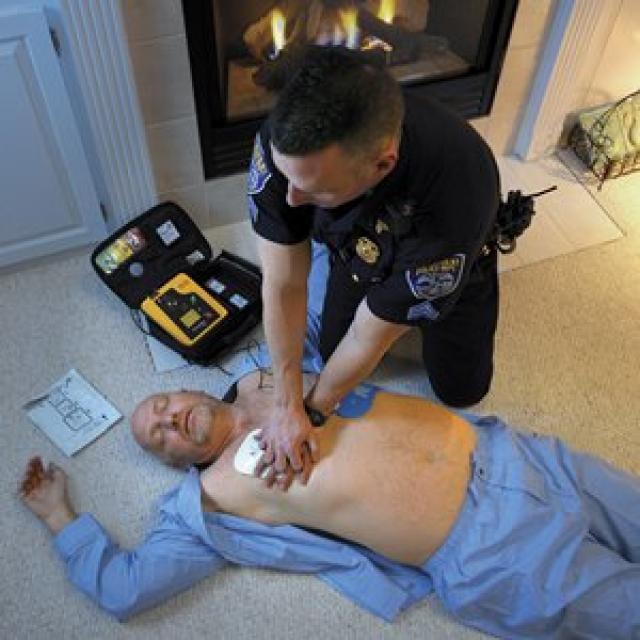
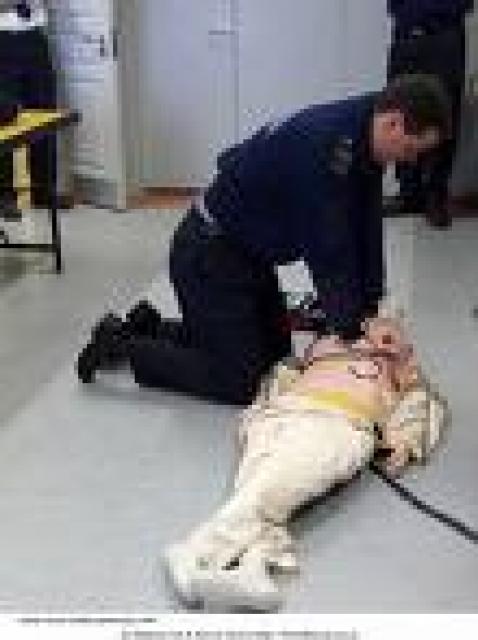
Depending Only On The Actions of Others? | |
· Almost 95% of sudden cardiac arrest victims die before reaching the hospital. · A victim’s chance of survival goes down 7% to 10% every minute that passes without CPR or defibrillation. · Few people are revived after 10 minutes. You have less than that to save a life of someone whose heart is in sudden cardiac arrest. · Airports around the nation have educated and trained their employees, enabling them to assist victims the first few minutes after collapse, achieving survival rates of more than 50%. · Know the warning signs of cardiac arrest. During cardiac arrest a victim loses consciousness, stops normal breathing and loses pulse and blood pressure · Simply by being properly trained and educated, accurate assistance is given to victims of sudden cardiac arrests, saving an average of 40,000 lives each year. · Training programs are designed to give you the confidence to respond in an emergency situation with skills that can save a life. | |
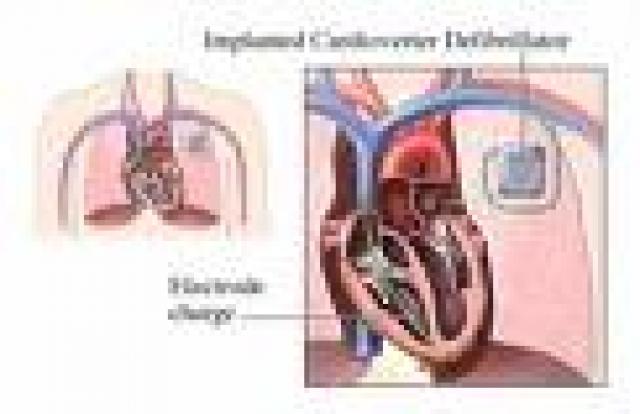 |
What Is Cardiac Arrest? |
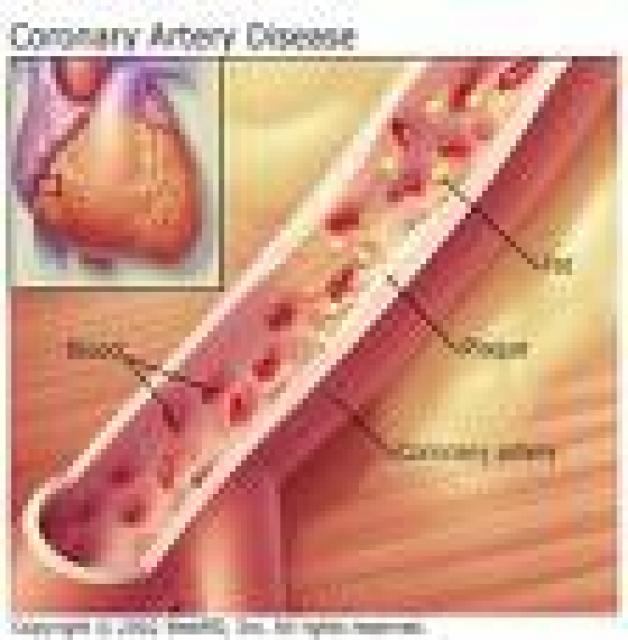 | What Causes Cardiac Arrest?The most common underlying reason for patients to die suddenly from cardiac arrest is coronary heart disease. Most cardiac arrests that lead to sudden death occur when the electrical impulses in the diseased heart become rapid (ventricular tachycardia) or chaotic (ventricular fibrillation) or both. This irregular heart rhythm (arrhythmia) causes the heart to suddenly stop beating. Some cardiac arrests are due to extreme slowing of the heart. Other factors besides heart disease and heart attack can cause cardiac arrest. They include respiratory arrest, electrocution, drowning, choking and trauma. Cardiac arrest can also occur without any known cause. |
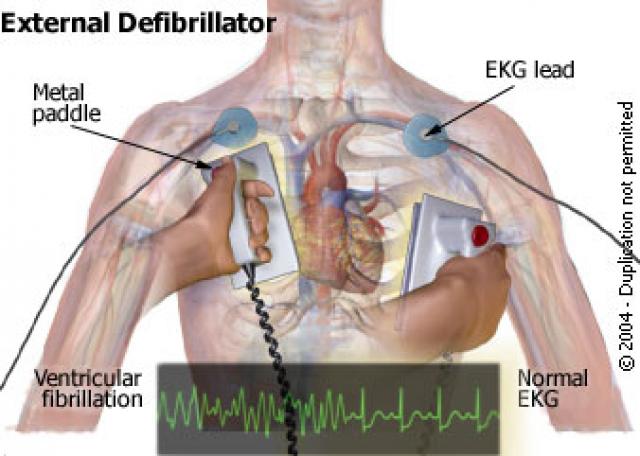 |
What Can You Do For Someone Experiencing Cardiac Arrest? Sudden cardiac death occurs within minutes unless someone gets the heart working again, either through CPR (cardiopulmonary resuscitation) or with a defibrillator, which uses an electrical shock to get the heart pumping correctly. Brain death begins in just four to six minutes, so restarting the heart quickly is vital. CPR can buy patients time until they can be shocked with a defibrillator. By compressing the chest, rescuers circulate blood and get oxygen to vital organs such as the brain. A victim's chances of survival go down 7% to 10% every minute that passes without CPR and defibrillation. Few people are revived after 10 minutes, according to the American Heart Association.
|
|
Different People. Different Stories. Sharing One Same Reason Each Is Still Alive. | |
|
Life Saving Equipment Records, Second Save in As Many Weeks “A Michigan State Trooper, considered instrumental in bringing the Automatic External Defibrillator (AED) to Cheboygan County, became the second save in as many weeks for the lifesaving device.” Read More | |
|
Man Takes CPR Lessons to Heart; Heart Attack Survivor Hope to Give Back “Berner said he is alive today because of the dozens of people who worked on him, but that "the bottom line to it was the first five to six minutes…I'm here today because of them," he said "They kept my heart beating." | |
|
AEDs at High School Athletic Events “A paramedic in attendance immediately recognized this as a cardiac arrest, and according to Principal Patrick Lamb, sprinted outside and up the hill to the nearby health center, and returned with an automatic defibrillator and shocked the woman's heart back to life…this mother would have died if an AED hadn't been close to the school. This was not only a life-threatening emergency; it was a wake-up that fortunately demonstrated dramatically how an AED can save a life.” Read More | |
100 28th St. SE Grand Rapids, MI 49548 800-968-6491 fax: 616-241-0677 |